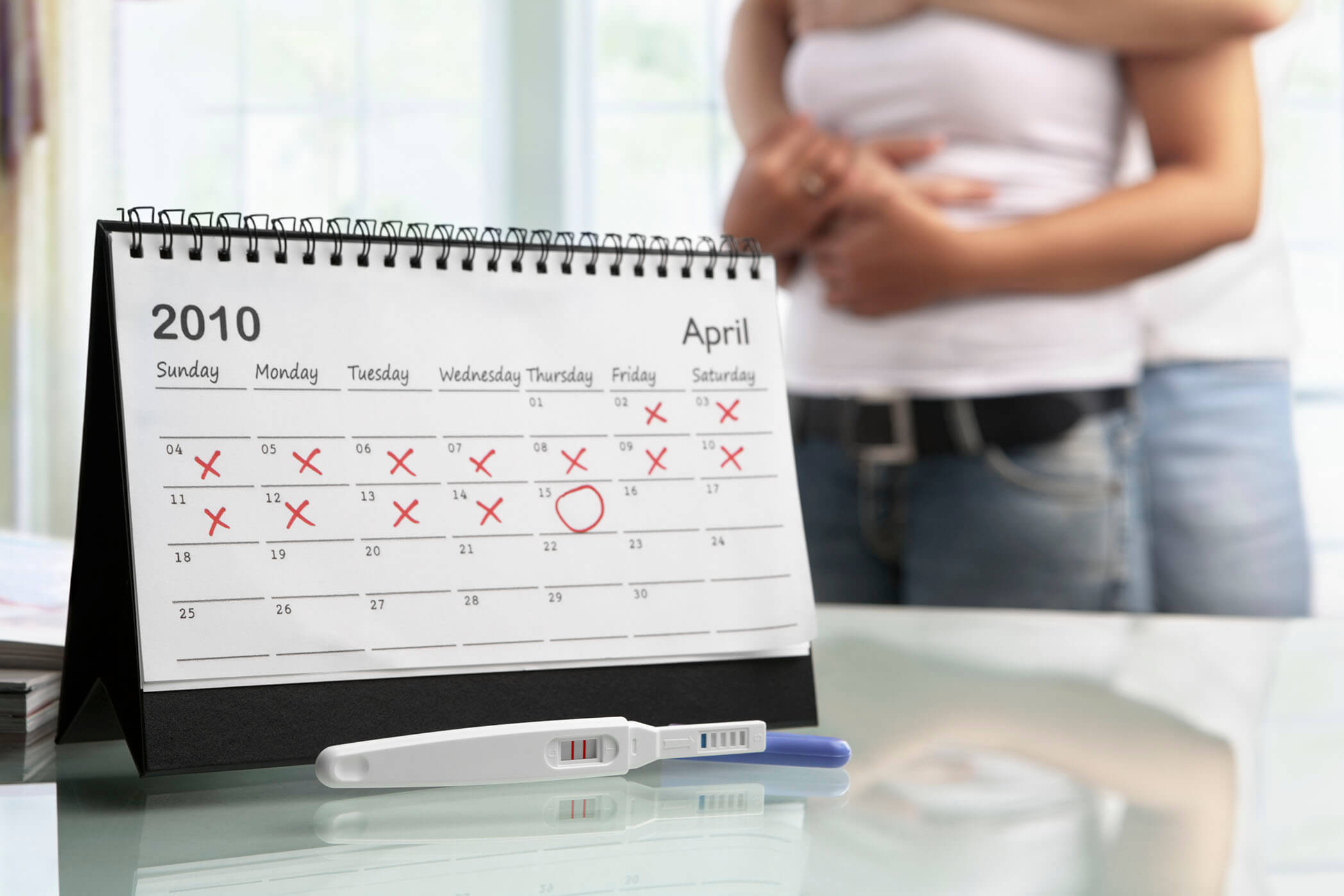
A missed period is often the first clue that a woman might be pregnant. Sometimes, a woman might suspect she is pregnant even sooner. Read on to learn when and how to test for pregnancy.
Pregnancy tests
A missed period is often the first clue that a woman might be pregnant. Sometimes, a woman might suspect she is pregnant even sooner. Symptoms such as headache, fatigue, and breast tenderness, can occur even before a missed period. The wait to know can be emotional. These days, many women first use home pregnancy tests (HPT) to find out. Your doctor also can test you.
All pregnancy tests work by detecting a special hormone in the urine or blood that is only there when a woman is pregnant. It is called human chorionic gonadotropin, or hCG. hCG is made when a fertilized egg implants in the uterus. hCG rapidly builds up in your body with each passing day you are pregnant.
Home pregnancy tests
HPTs are inexpensive, private, and easy to use. Most drugstores sell HPTs over the counter. The cost depends on the brand and how many tests come in the box. They work by detecting hCG in your urine. HPTs are highly accurate. But their accuracy depends on many things. These include:
- When you use them – The amount of hCG in your urine increases with time. So, the earlier after a missed period you take the test the harder it is to spot the hCG. Some HPTs claim that they can tell if you are pregnant one day after a missed period or even earlier. But a recent study shows that most HPTs don't give accurate results this early in pregnancy. Positive results are more likely to be true than negative results. Waiting one week after a missed period will usually give a more accurate result. You can take the test sooner. But just know that a lot of pregnant women will get negative test results during the first few days after the missed period. It's a good idea to repeat the test again after a week has passed. If you get two negative results but still think you're pregnant, call your doctor.
- How you use them – Be sure to check the expiration date and follow the directions. Many involve holding a test stick in the urine stream. For some, you collect urine in a cup and then dip the test stick into it. Then, depending on the brand, you will wait a few minutes to get the results. Research suggests waiting 10 minutes will give the most accurate result. Also, testing your urine first thing in the morning may boost the accuracy. You will be looking for a plus sign, a change in color, or a line. A change, whether bold or faint, means the result is positive. New digital tests show the words "pregnant" or "not pregnant". Most tests also have a "control indicator" in the results window. This line or symbol shows whether or not the test is working. If the control indicator does not appear, the test is not working properly. You should not rely on any results from a HPT that may be faulty.
- Who uses them – The amount of hCG in the urine is different for every pregnant woman. So, some women will have accurate results on the day of the missed period while others will need to wait longer. Also, some medicines affect HPTs. Discuss the medicines you use with your doctor before trying to become pregnant.
- The brand of test – Some HPT tests are better than others at spotting hCG early on.
The most important part of using any HPT is to follow the directions exactly as written. Most tests also have toll-free phone numbers to call in case of questions about use or results.
If a HPT says you are pregnant, you should call your doctor right away. Your doctor can use a more sensitive test along with a pelvic exam to tell for sure if you're pregnant. Seeing your doctor early on in your pregnancy can help you and your baby stay healthy.
Blood tests
Blood tests are done in a doctor's office. They can pick up hCG earlier in a pregnancy than urine tests can. Blood tests can tell if you are pregnant about six to eight days after you ovulate. Doctors use two types of blood tests to check for pregnancy:
- Quantitative blood test (or the beta hCG test) measures the exact amount of hCG in your blood. So it can find even tiny amounts of hCG. This makes it very accurate.
- Qualitative hCG blood tests just check to see if the pregnancy hormone is present or not. So it gives a yes or no answer. This blood test is about as accurate as a urine test.

